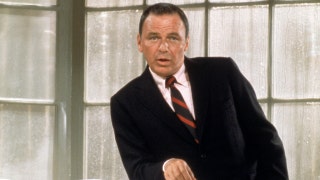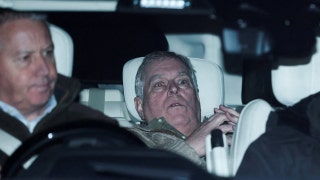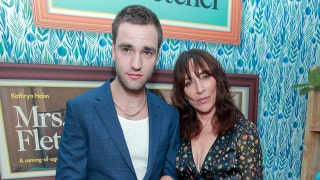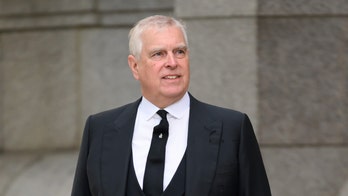Fox News Flash top entertainment headlines for March 30
Fox News Flash top entertainment and celebrity headlines are here.
Brooke Shields' upcoming documentary "Pretty Baby" takes an all-encompassing look back at the actress's career and details the intense media scrutiny she faced as a child star.
The two-part Hulu series examines Shields' rise to fame, including her sexual objectification at a young age as the star of the controversial movies "Pretty Baby" and "The Blue Lagoon" and her relationship with her alcoholic mother and manager, Teri Shields. In her series, which premiered in February at the Sundance Film Festival, Shields, 57, revealed for the first time she had been raped in her 20s.
In an interview with the Associated Press, the model explained why opening up about her sexual assault by an unnamed industry professional was the most difficult part of telling her life story
"I was worried about the #MeToo stuff just because I didn’t want it to be reduced to just a headline," Shields said.
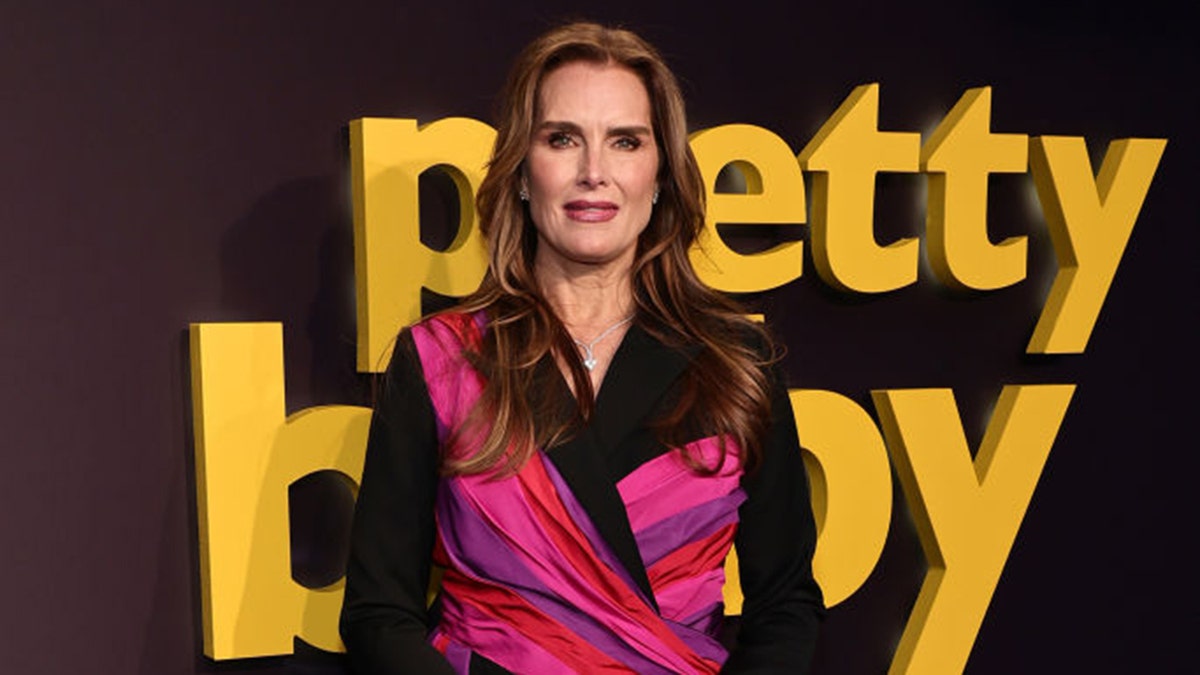
Brooke Shields shared that revealing she was raped in her 20s was the hardest part of making her documentary series "Pretty Baby." ( Jamie McCarthy/Getty Images)
She continued, "And yet I knew that if I didn’t, I would have felt like a hypocrite or inauthentic. I haven’t been able to talk about it up until now, and then it felt like, you sort of owe it to yourself."
BROOKE SHIELDS DETAILS WHY SHE REVEALED RAPE 30 YEARS LATER: ‘IT’S A MIRACLE THAT I SURVIVED'
"And I just hoped that out of two hours and however many minutes, the one brief story — I mean, I knew it’s going to be clickbait — but I was worried that I would get let down again by the press."
The two-time Golden Globe nominee explained that she developed coping mechanisms to handle the unrelenting press coverage and her late mother's drinking problem.
"I think that happens with a child of an alcoholic," she told AP. "You know, you really do learn to compartmentalize."
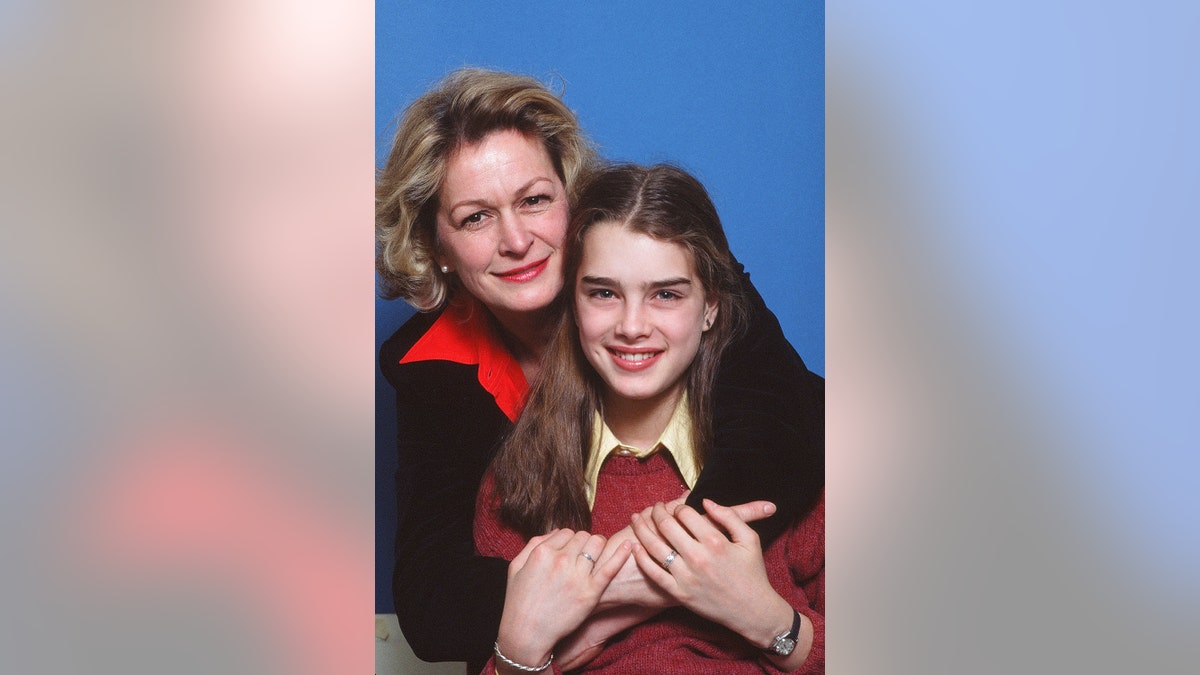
She also reflected on developing coping mechanism to handle her mother and manager Teri Shields' alcoholism. (Photo by Robert R McElroy/Getty Images)
She continued, "You love a person who is very broken and has a disease that they cannot seem to get under control. But you can’t afford to have their love not be real."
"So you learn, when things felt …not in control…I would become very organized, and that sort of was my center, that was my meditation, you know, redoing my Filofax or refolding my socks."
Teri managed Shields' career from the time she made her modeling debut at 11 months old into her 20s. She died at age 79 after a long illness related to dementia.
Shields also reflected on gaining a confidence in her talent that she didn't have in her younger years. The "A Castle For Christmas" star elaborated on the meaning behind a statement she makes in the documentary, in which she said she is "owning her identity fully."
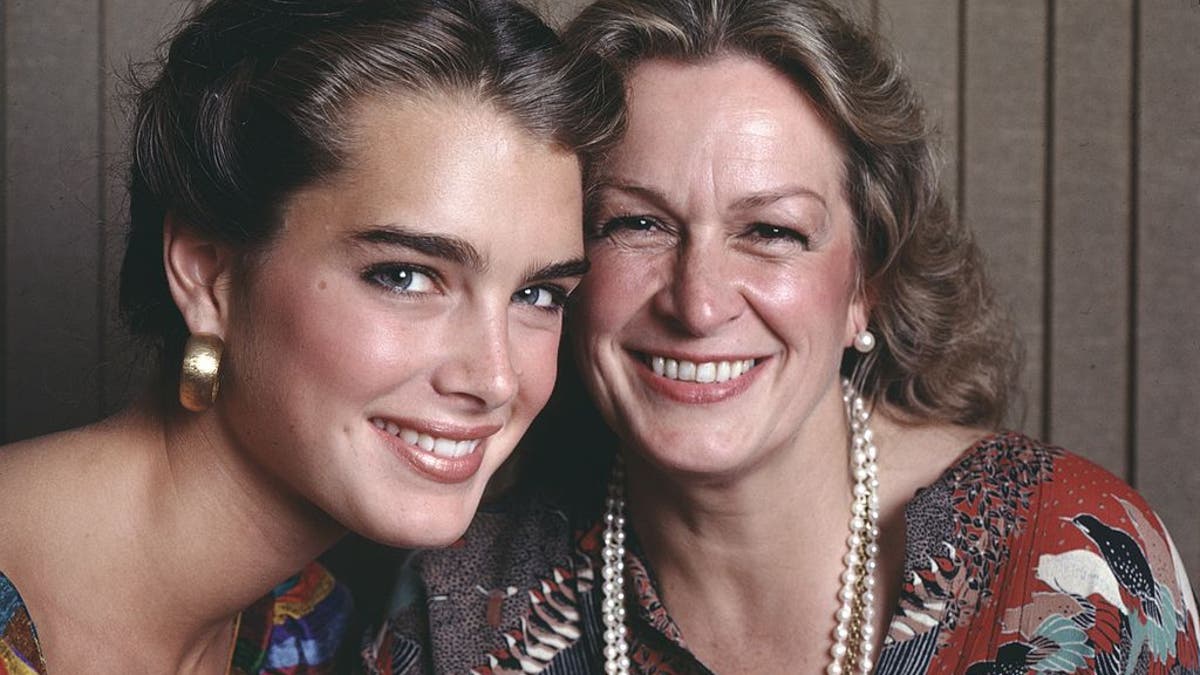
Teri managed Shields' career from her infancy into her 20s. ( Jack Mitchell/Getty Images)
"I made myself small for so long, either to be relatable or to not be threatening or humbled, you know?," she told the Associated Press.
CLICK HERE TO SIGN UP FOR THE ENTERTAINMENT NEWSLETTER
She continued, "Don’t be a snob. Don’t be arrogant. Have people like you. Be kind to everyone. It was like this the way I grew up, and I was rewarded for it."
"I’m saying that it’s okay to pat myself on the shoulder a little bit. It’s okay to say I really do have talent because I wouldn’t still be here if I didn’t. It’s not just because I’m smart or just because I look a certain way. I’ve maintained a career and kept challenging myself, and I don’t think I ever felt confident enough to say it out loud. I always just wanted other people’s approval about my talent, never thinking that I could give it to myself."
The actress explained that she also feels more confident to express and assert herself in media interviews while promoting "Pretty Baby."
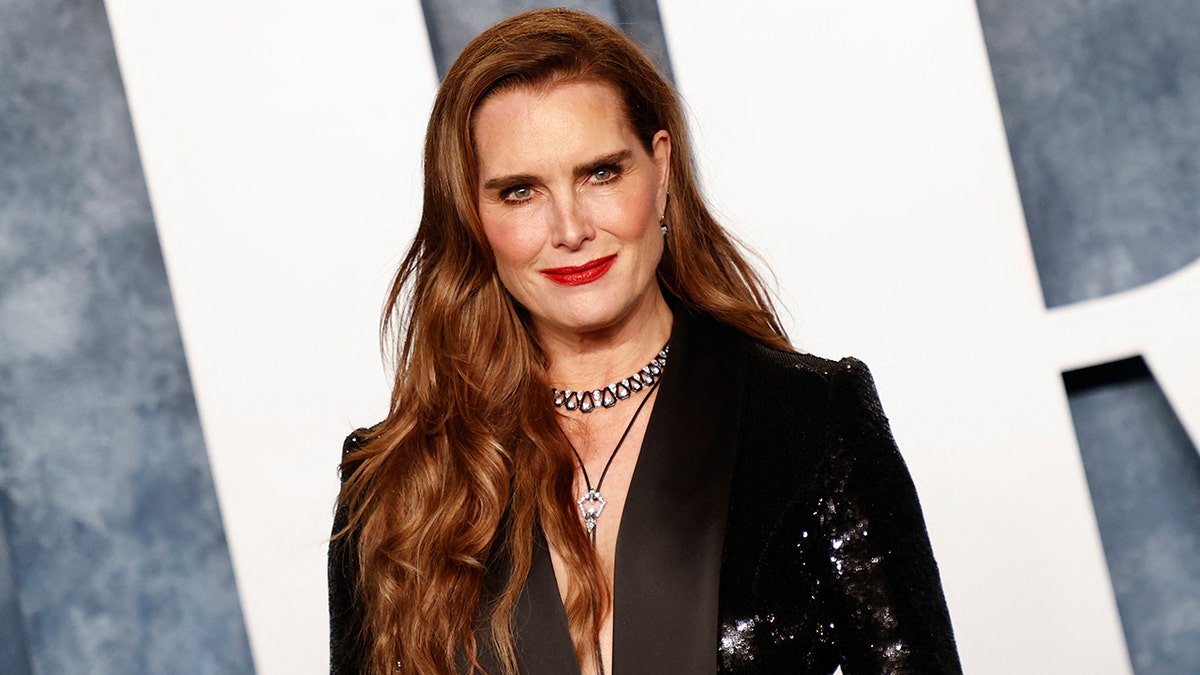
The actress said that she now feels more confident in her talent than when she was younger. (Getty Images)
CLICK HERE TO GET THE FOX NEWS APP
"What I noticed when I was a little girl was that nobody really wanted my answers," she said. "They wanted their narrative to be the soundbite that I gave them. And being very stubborn always, I, in my own way, refused to give it to them."
Shields went on to say, "Now, I don’t ever feel like I’m on the defensive because I’ve learned that I’m not at anybody else’s mercy."
"Looking back, I can see that that’s what I was doing, and I don’t need to do that anymore, which is very empowering but, you know, it took 40-something years," she added with a laugh.



